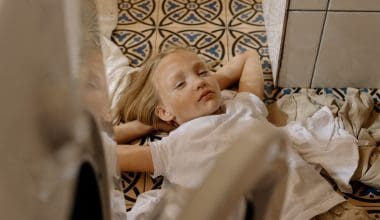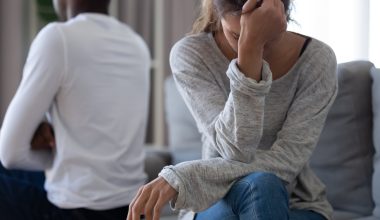Choosing the right supplies to take care of your baby is one of the most challenging tasks a new parent has to face. For example, when it comes to crib sheets, how many do you actually need?
Four to five crib sheets should be enough for parents who plan on changing the crib sheets every one to two days. However, less frequent changes can require fewer sheets. Parents who plan on changing the sheets every two to three days can make do with three to four crib sheets.
This article will talk about having a practical number of crib sheets, the factors to consider when deciding that number, and other topics that come up regarding crib sheets.
How Many Crib Sheets Do I Need?
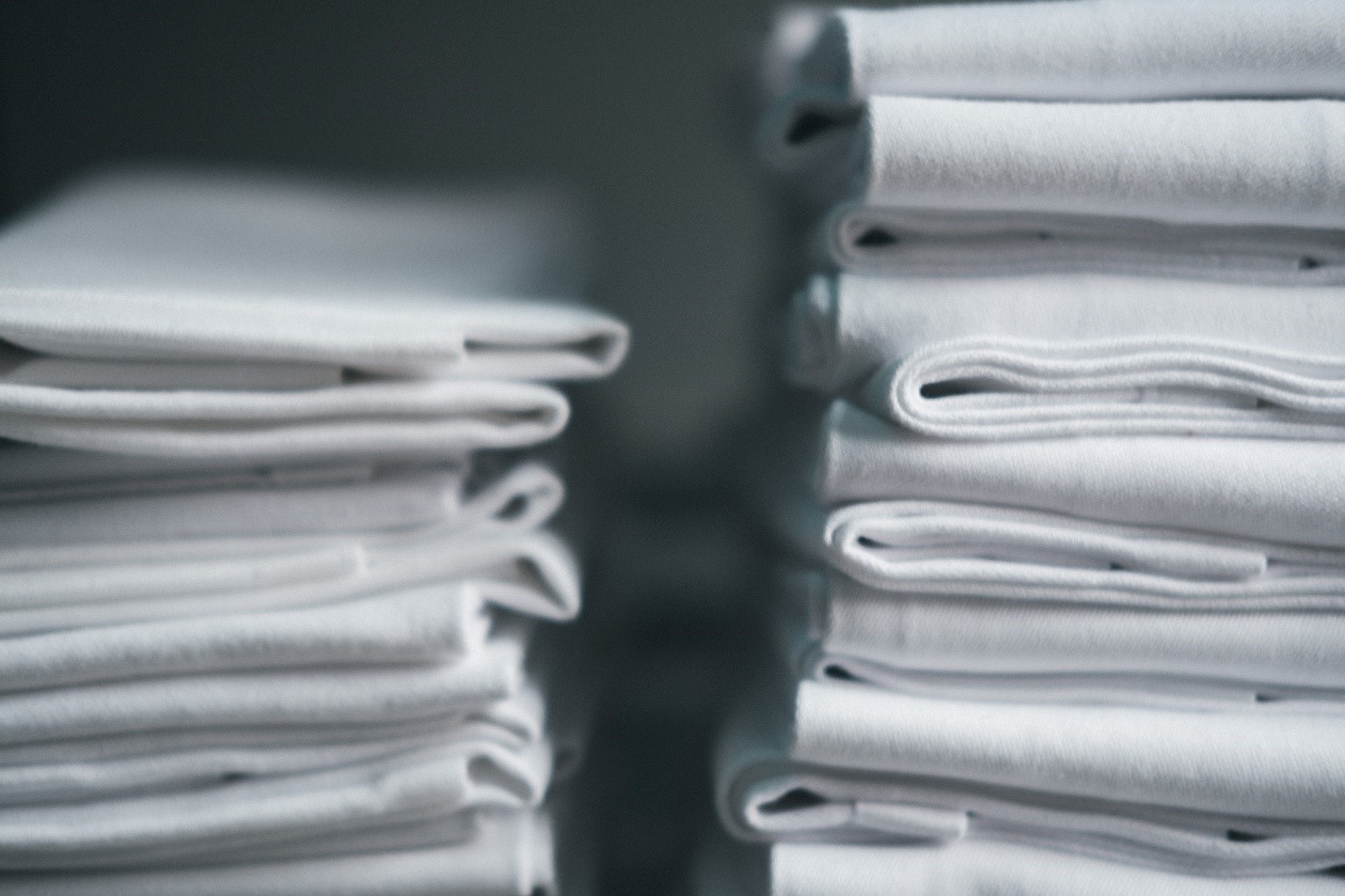
Parents asking this question are usually concerned that they may spend money on more than what they’ll need. Unfortunately, the number of crib sheets needed to adequately take care of your baby is more than one.
If crib sheets are compared to bedsheets, why do babies need so many crib sheets? Unfortunately, babies are notoriously messy. They spit up, vomit and have accidents. Although experts suggest changing crib sheets at least once or twice a week, extra sheets are great to have to be extra prepared.
In an ideal situation, having two crib sheets should be enough: one for the mattress and one prepared for changing. However, this system requires that the sheet being changed out should be washed and dried right away. Unfortunately, having only two crib sheets may not be the most practical solution for a realistic household.
The main factor to consider when deciding how many crib sheets to get is how often you plan (or expect) to change the crib sheets.
For parents planning to change the bed sheets every two to three days, then three to four crib sheets should be enough. However, parents planning to change the crib sheets every one to two days might want to get four to five crib sheets. These numbers already include additional sheets for some unexpected accidents.
What Other Factors Should I Consider?
While the frequency of changing the sheets is the main factor to consider, there are other factors to think about to get the best results.
Your Baby’s Skin Sensitivity
Babies with sensitive skin might need more crib sheets to minimize the risk of irritation.
If you notice that your baby’s skin is turning red or has a rash, then consider adding an extra sheet just in case it happens again. Even if this doesn’t happen very often, it’s still good to be prepared and have one ready for when it does.
Whether Your Baby is Swaddled
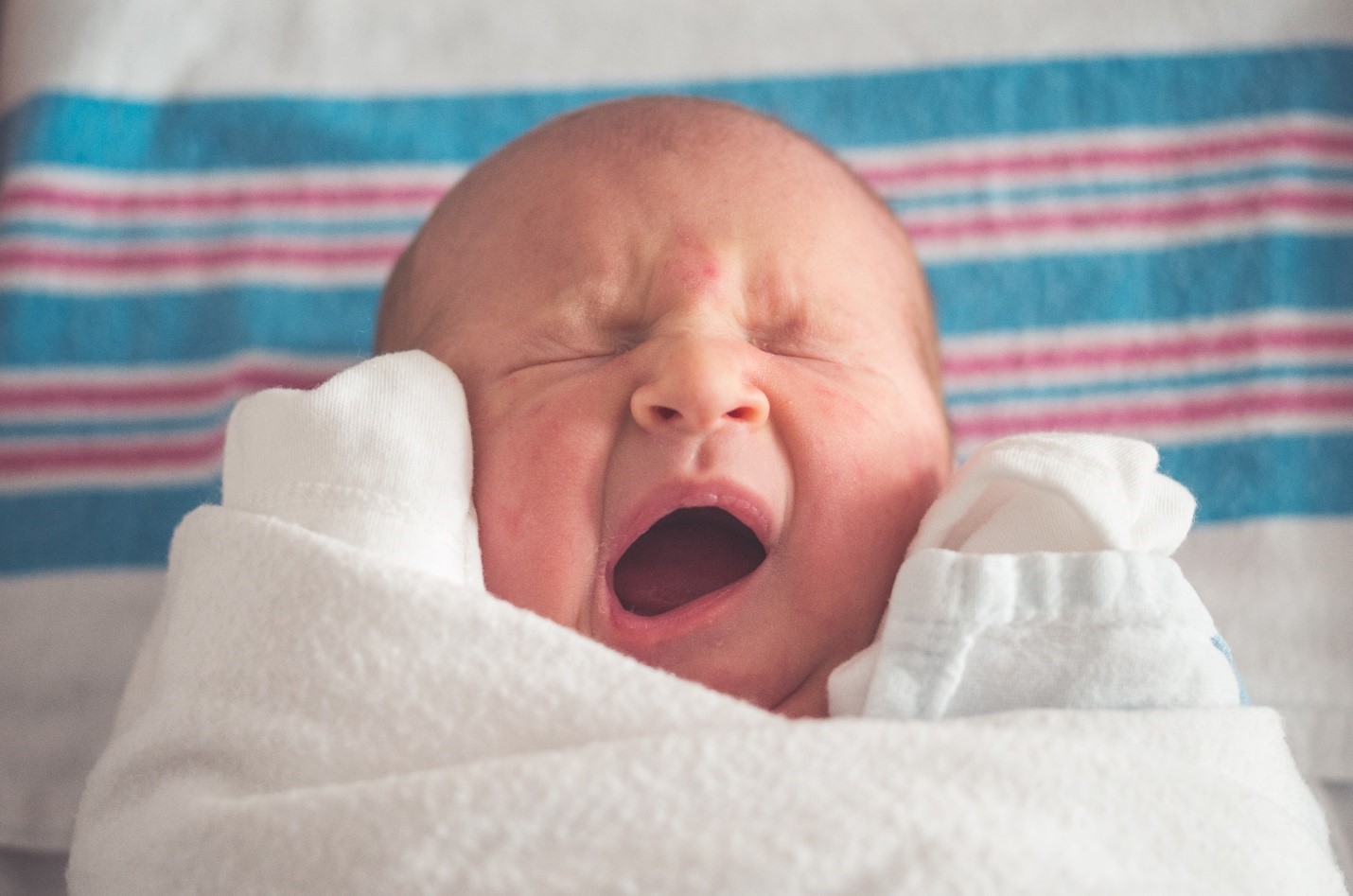
Swaddling is a very popular method of helping babies sleep. It is the traditional practice of wrapping babies up in a blanket or cloth to help them feel secure and comfortable. Some parents still swaddle their children even after they start sleeping on their own.
Fewer crib sheets are needed when you swaddle your baby because the blanket used for swaddling itself can keep the crib sheets clean by serving as a barrier between the baby and the crib sheet.
Babies Get Sick
Although parents try their best to avoid this, babies can get sick. As a way to be prepared for such situations, extra crib sheets are great to have. Parents who notice that their child is sick should consider adding an extra sheet just in case they have accidents, and it makes them uncomfortable to sleep on wet sheets.
Number of Babies
Parents with more than one baby will need to consider how many crib sheets they should get depending on the number of babies. For example, if you have twins or triplets, then you’ll obviously want to adjust your sheet count accordingly.
Factors to Consider When Buying Crib Sheets
Aside from asking “how many crib sheets do I need,” there are also other factors to consider to make sure you’re getting the right crib sheets for your baby.
Fit
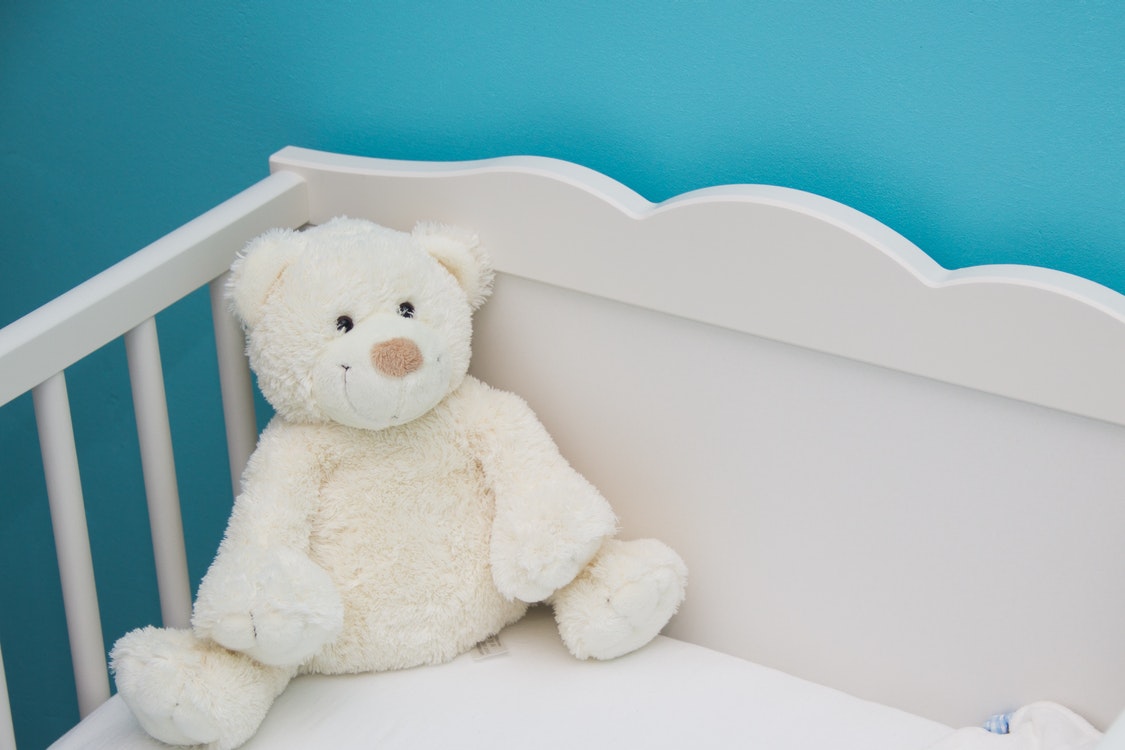
Babies can have different sleeping behaviors from one another. Regardless of if your baby moves a lot when they sleep or not, it would be a huge help when their crib sheets are fitted to the mattress. This ensures that the sheets stay in place and do not slip off.
Fitted crib sheets usually come with elastic bands or straps that help secure them to the mattress. By keeping the sheet tight even when the baby is moving about, the chances of the baby suffocating on loose crib sheets are prevented.
Material
Crib sheets are usually made of different materials, some more popular than others. For example, organic crib sheets might be great for babies with sensitive skin because they do not contain any chemicals or irritations that could harm the baby’s delicate and fragile skin.
On the other hand, cotton is a very durable material, and it does not pill. It is also considered to be one of the most breathable materials, which makes it great for babies who get too hot while sleeping.
Parents with infants or children who suffer from allergies should consider buying crib sheets that are hypoallergenic. Hypoallergenic materials do not contain any harmful chemicals, allergens, dyes, or fragrances that could cause irritation to your child’s skin.
Breathability
Breathability is also an important factor to consider when looking for crib sheets. This is because it keeps the baby cool and comfortable throughout the night, giving them a better rest without waking up due to hot weather or air conditioning that might be too cold.
Machine Washable Sheets
For parents who are constantly on the go, it would be helpful to buy crib sheets that are machine washable. This way, you can easily put them in your washing machine and clean them up after they get dirty from frequent use. Some fabrics require special instructions for cleaning, which might complicate things if you’re not too familiar with these things.
Size
Last but not least, the size of crib sheets must be considered. This is because it should fit your baby’s mattress perfectly for a snug and secure fit. If the crib sheets are too big, they can slip off and create a suffocation hazard. If they’re too small, then there’s nothing holding them in place, so they might slide around or bunch up when your baby moves about while sleeping.
